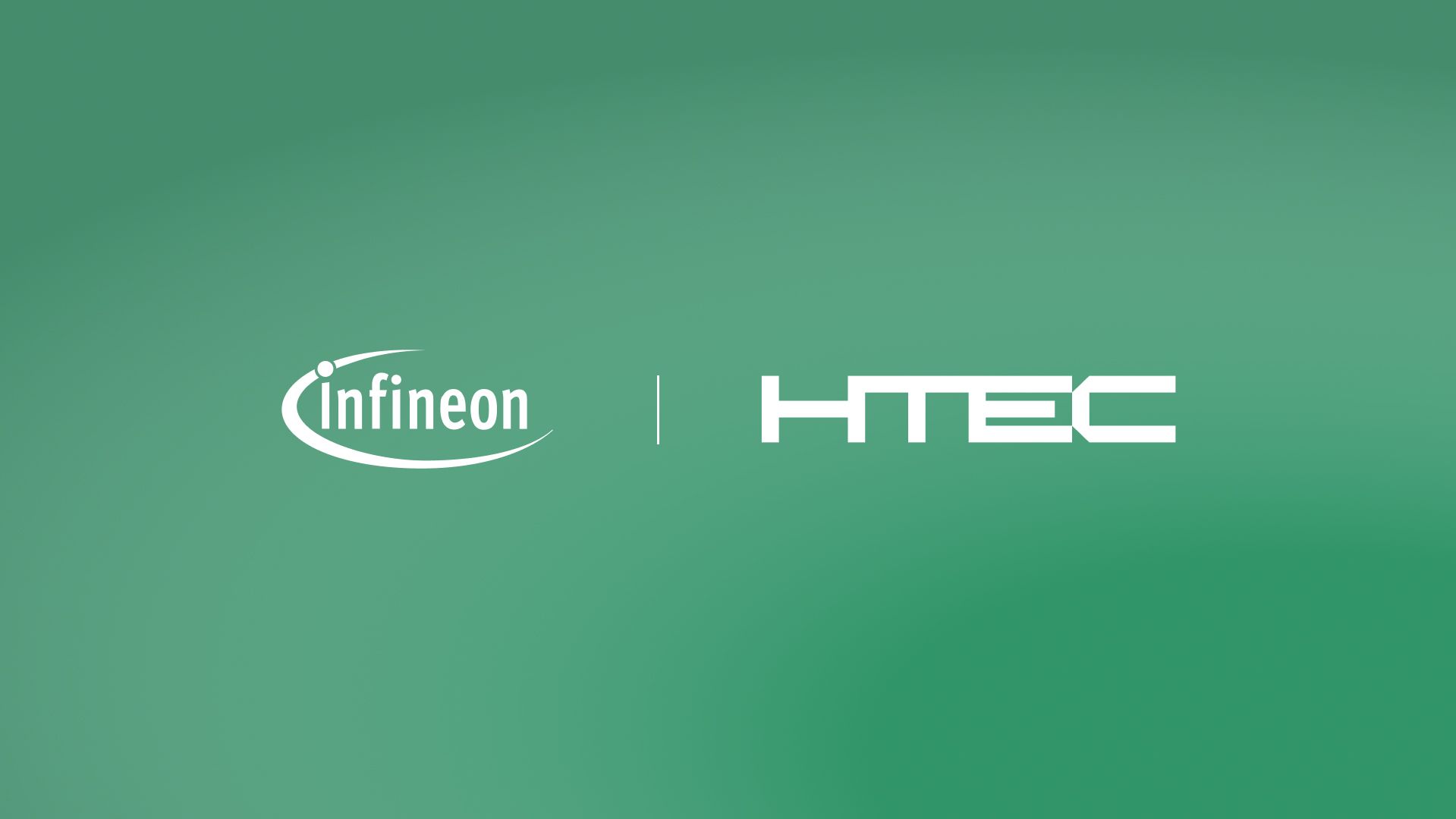The medical technology sector has seen significant shifts in the last decade, driven by breakthroughs in connectivity, AI, and remote patient-centered care. Connected and wearable devices are now widely used to monitor everything from heart rate to glucose levels in real time, helping patients and doctors stay ahead of potential issues. There’s also been a clear shift toward non-invasive approaches, with technologies like smart patches and imaging tools reducing the need for surgical interventions. Meanwhile, in underserved areas, remote care solutions are expanding access to timely diagnoses and specialist support.
In more recent years, artificial intelligence has become deeply embedded in the MedTech ecosystem, playing a growing role in both diagnostics and operations. In medical imaging, AI systems are enhancing accuracy and speeding up interpretation, supporting earlier illness detection. Beyond diagnostics, AI is streamlining tasks like record-keeping, triaging, and administrative workflows, helping healthcare providers focus more time on patient care. As devices become smarter and more software-driven, AI is no longer just an add-on—it’s becoming central to how modern healthcare is delivered.
Balancing technology and human expertise
Technology is undeniably transforming healthcare—but in MedTech, innovation alone isn’t enough. To build truly successful products, companies must work within strict regulations, meet compliance standards, and understand how care is delivered on the ground. That is to say, it’s not just about developing what’s technically feasible—it’s about creating solutions that are responsible, safe, and practical across diverse care settings and for all stakeholders, from caregivers and physicians to patients.
In other words, the success of MedTech products doesn’t just hinge on strong hardware and software engineering—it requires teams who understand the healthcare ecosystem inside out. That means combining technical talent with domain knowledge, regulatory insight, and a clear view of how technology fits into clinical workflows. Balancing tech and human expertise isn’t optional—it’s the foundation for making real progress in healthcare.
This all-around expertise doesn’t just improve product quality—it directly impacts speed to market. When engineers, clinicians, regulatory experts, and user researchers work in sync from day one, teams can anticipate challenges early, make smarter trade-offs, and avoid the delays that often come from misalignment or last-minute compliance fixes.
AI also plays a growing role in accelerating time to market. It can streamline everything from clinical data analysis and risk assessment to testing and documentation, allowing teams to move faster without compromising safety or compliance.
Delivering real impact through AI-driven care
Smart AI integration begins with recognizing AI’s current capabilities and making well-informed predictions regarding what it will be able to do in the foreseeable future. As our AI expert and trauma surgeon Nemanja Kovačev shared in a recent Verizon Healthcare on Air interview, it’s crucial to move beyond AI hype to achieve a genuine, patient-centered impact in healthcare.
There are several areas where AI is already playing a major role in healthcare:
- Medical imaging and diagnostics: AI is transforming medical imaging by analyzing scans with high speed and accuracy. Deep learning models can detect patterns in X-rays, MRIs, CT scans, and even histopathology slides to identify conditions like cancer, fractures, or internal bleeding—already outperforming clinicians in terms of both speed and accuracy. This will allow clinicians to provide better care based on improved diagnostics, raising the bar for medical device companies to build tools that keep pace with this advanced standard—delivering accuracy, reliability, and smooth integration into next-generation care delivery.
- Personalized treatment plans: By analyzing patient data—including genetics, lifestyle, comorbidities, and treatment responses—AI can help tailor treatments to individual needs. In oncology, for example, algorithms can match patients to therapies based on tumor profiles or past case outcomes. This personalization leads to higher treatment success rates, fewer side effects, and a move away from the one-size-fits-all approach in medicine. Personalization also impacts how medical equipment aligns with clinicians’ workflows and patient needs, with AI ensuring that technology enhances care delivery and decision-making efficiency.
- Administrative Automation: AI is also reducing the administrative burden in healthcare. Natural language processing (NLP) can transcribe and interpret physician notes, extract structured data from unstructured records, and help populate EHRs automatically. Other tools automate insurance claim processing or patient triage, reducing delays and freeing up clinicians to focus on care rather than paperwork. This behind-the-scenes automation is a major driver of efficiency in modern Medtech.
As AI continues to shape healthcare, healthcare providers have a great opportunity to use it to improve patient care, simplify processes, and create solutions that truly make a difference in people’s lives.
HTEC at MedTech’s Next Frontier: 2025 MedTech Conference in San Diego
At this year’s MedTech Conference in San Diego from October 5-8, HTEC will showcase Humeds — an AI-powered device we helped develop. This hand-held ESG monitoring device uses AI to detect cardiac arrhythmias with 99.6% accuracy, accelerating the speed to medical care for patients with heart conditions. Attendees will have the opportunity to explore how AI can make a difference in delivering remote and non-invasive care to improve patient outcomes, reduce unnecessary in-person visits, and support faster, more accurate clinical decision-making.
Book time with HTEC’s MedTech leadership or meet us at booth 705. Let’s explore how we can help you build smart, compliant, and scalable medical solutions powered by real-time data and AI.





